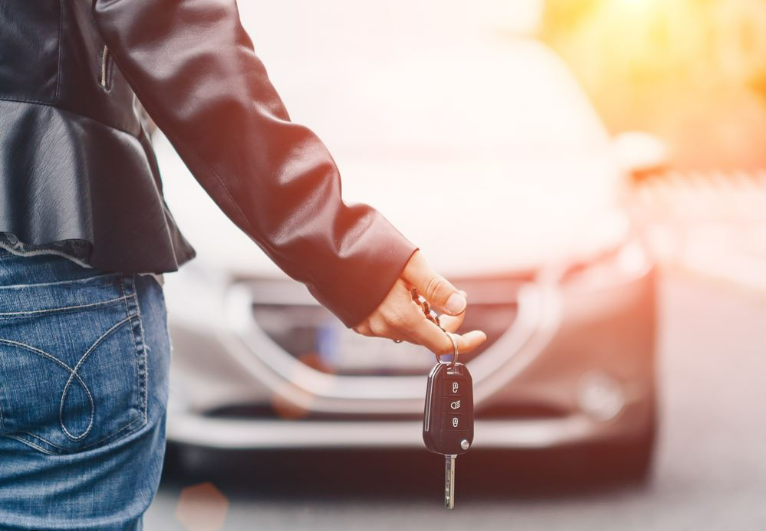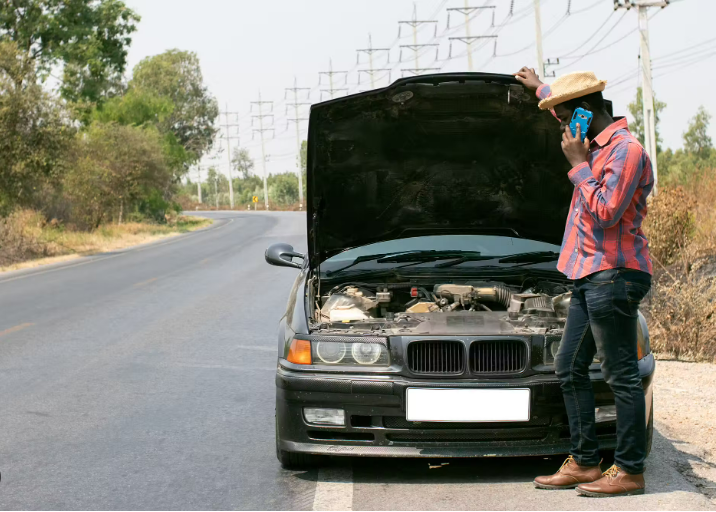What is SR-22 in Virginia?


In Virginia, drivers convicted of certain driving offenses may need to provide an SR-22 certificate to the Department of Motor Vehicles (DMV). Although commonly called SR-22 insurance, this form is not an actual insurance policy. Instead, it is a document that verifies you have the minimum required insurance coverage for legal driving. For more severe infractions, you might be required to submit an FR-44 form, which serves a similar purpose but applies to more serious violations.
What is SR-22 insurance?
If you’ve had an auto infraction in Virginia, you might be asking, “What is SR-22 insurance in VA?” It’s important to know that SR-22 is not car insurance but a special certificate filed with the DMV that confirms you have the minimum required auto insurance. For more serious violations, Virginia often uses the FR-44 form. This may be required for drivers who:
- Have unsatisfied judgments
- Fail to provide proof of insurance
- Drive without insurance
- Falsify insurance documents
- Are convicted of vehicular manslaughter
- Commit perjury related to vehicle registration or driver’s license
- Commit a felony involving a motor vehicle
- Are involved in a hit-and-run
- Are convicted of DUI, driving with a suspended license, or similar offenses, including juvenile cases
To obtain an SR-22 certificate in VA, you first need to provide proof of financial responsibility, usually through high-risk insurance. Once you have an appropriate insurance policy, inform your insurance provider of the SR-22 requirement. They will complete the form and submit it to the Virginia DMV, where it typically needs to remain on file for at least three years.
SR-22 Virginia alternatives
In Virginia, you may encounter more than just an SR-22 form. For serious infractions, the state requires an FR-44 certificate. This form is used for severe violations such as maiming under the influence, DUI, driving with a suspended license, or convictions in juvenile cases. If you’re required to have an FR-44, you must maintain an insurance policy with twice the standard minimum coverage levels due to your higher risk status. Currently, Virginia does not use any other forms for proving insurance coverage.
Non-owner SR-22

If you have an SR-22 requirement but no longer own a vehicle—or don’t currently own one—and still wish to reinstate your license, you will likely need to obtain a non-owner auto insurance policy. This type of policy is designed for drivers who do not own the vehicles they drive, such as those who frequently borrow or rent cars. A non-owner auto insurance policy provides the minimum coverage required by the state under an SR-22, allowing you to meet the necessary requirements for license reinstatement.
FR-44 in Virginia
In Virginia, if a driver commits a particularly serious offense, they may be required to obtain an FR-44. Unlike an SR-22, an FR-44 mandates that drivers carry twice the standard minimum auto insurance coverage. FR-44s are necessary for convictions such as:
- Maiming while under the influence
- Driving under the influence of drugs or alcohol
- Driving with a license that has been revoked or suspended due to a conviction, or a guilty verdict in a juvenile case
- Violations of federal laws, out-of-state laws, or local ordinances similar to the offenses listed above
Drivers required to hold an FR-44 in Virginia must have the following insurance coverage limits:
- $50,000 per person
- $100,000 per accident
- $40,000 for property damage
SR-22 Virginia insurance costs
High-risk drivers often face higher car insurance premiums compared to those with clean driving records. Besides increased premiums, high-risk drivers may also incur additional costs, such as fines and court fees. In Virginia, drivers required to file an SR-22 or FR-44 typically pay a filing fee ranging from $15 to $50 at each policy renewal. However, the primary impact on insurance premiums stems from the violation that necessitates the SR-22 or FR-44, rather than the filing itself.
For instance, a DUI conviction in Virginia can significantly raise your insurance premium, and in some cases, may lead to a denial of standard coverage. If this happens, you might need to seek coverage from insurers specializing in high-risk policies. An FR-44, which mandates double the minimum insurance coverage, could further increase your costs due to the higher policy limits required. To secure the most affordable rate as a high-risk driver, it’s crucial to practice good driving habits and obtain quotes from multiple insurance providers before choosing a policy.








